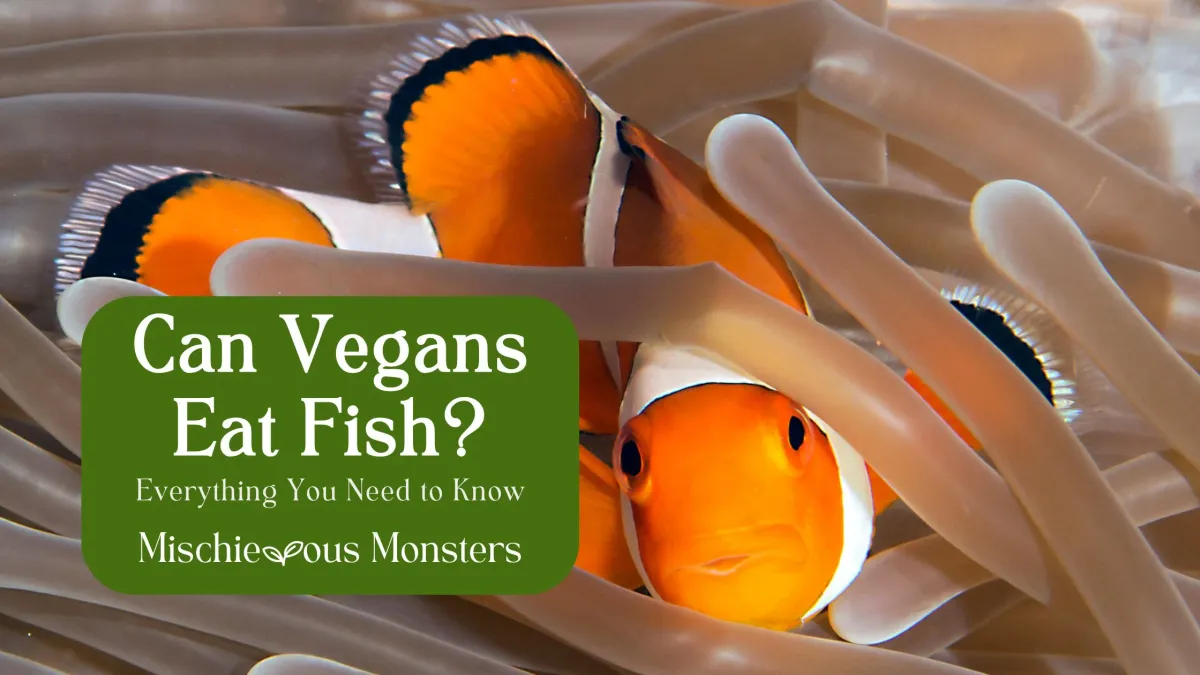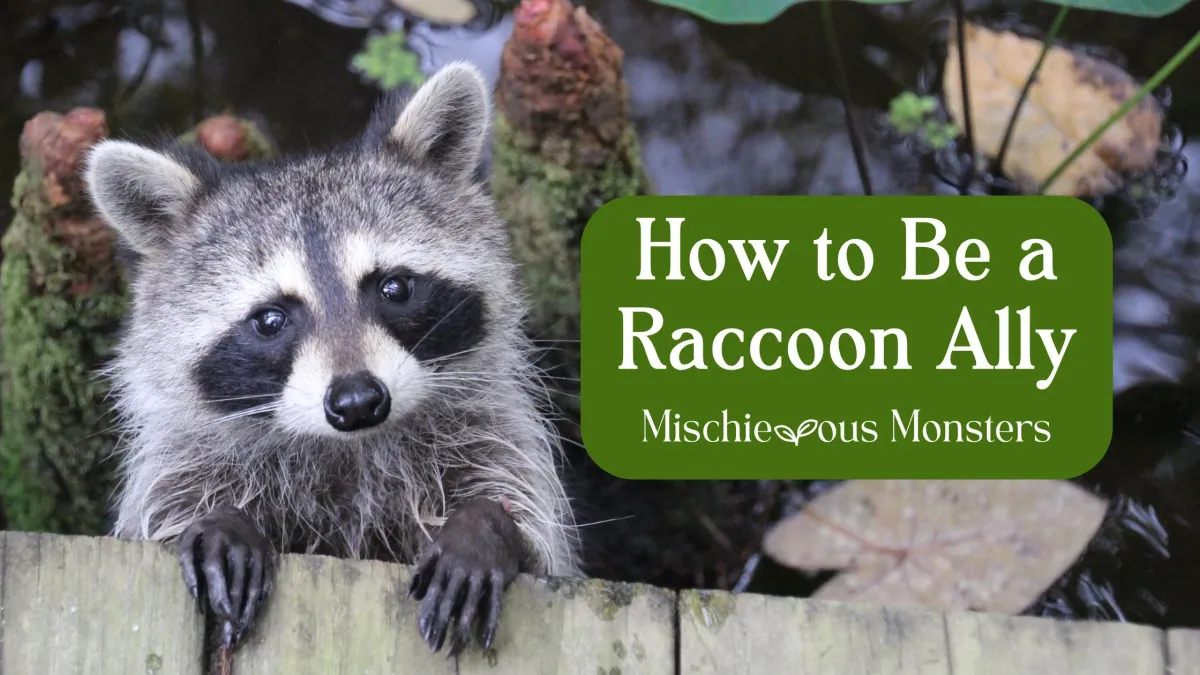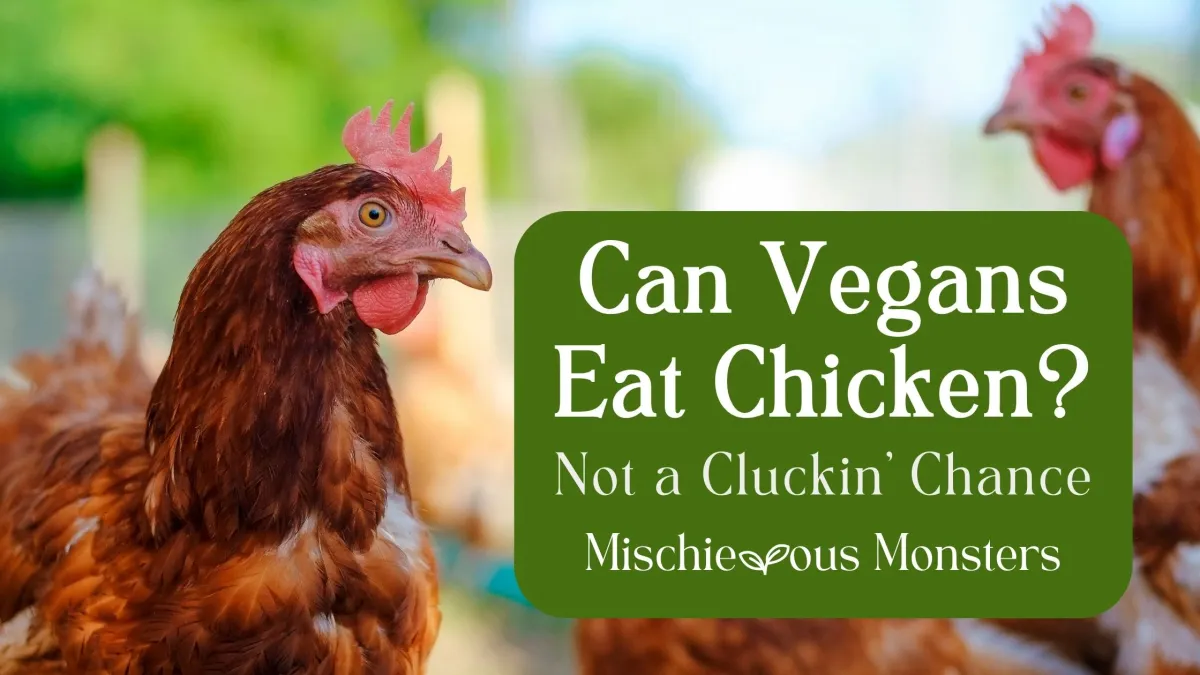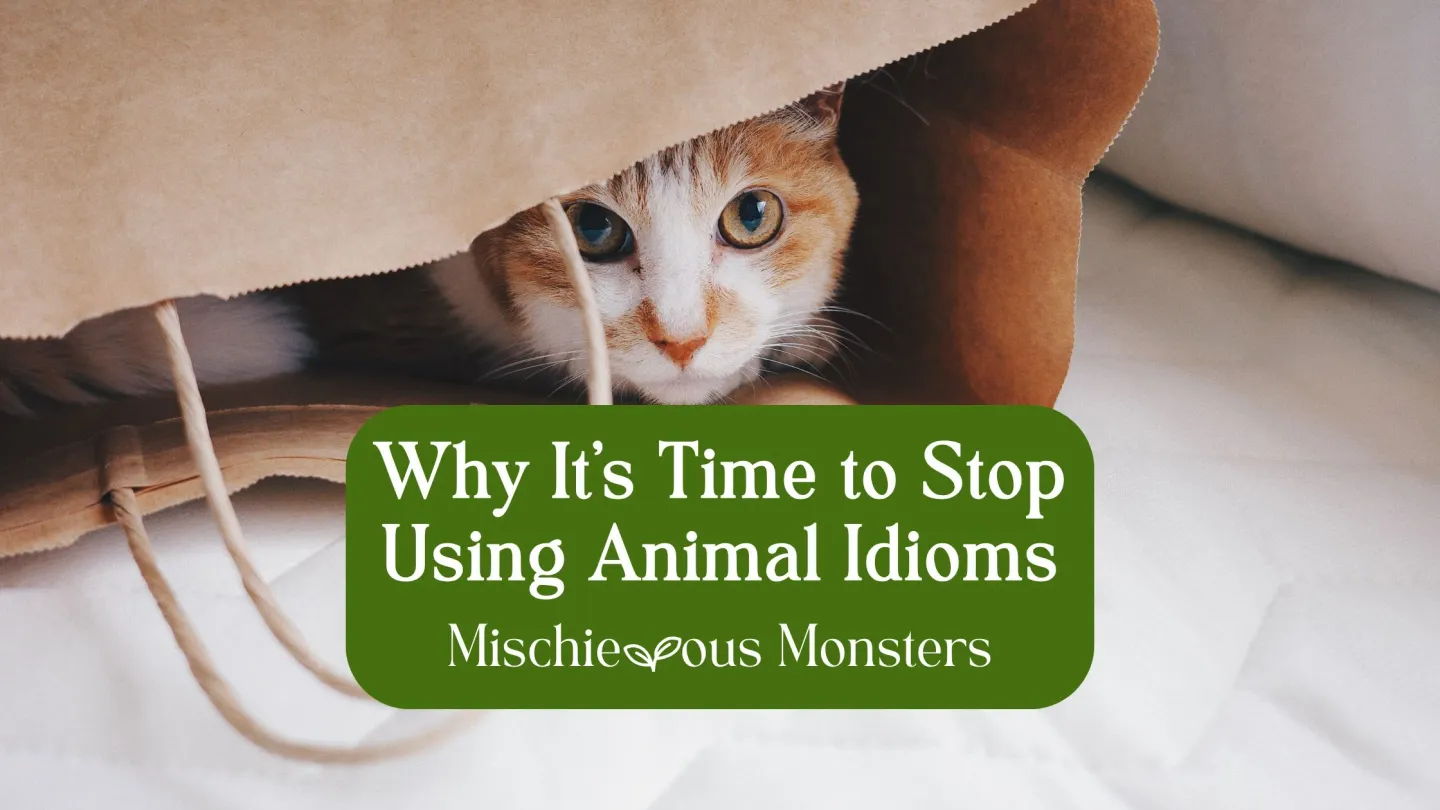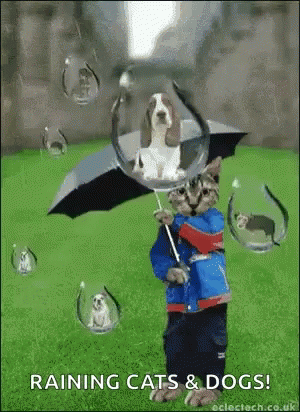
Why Your Everyday Sayings May Harm Animals
When I was in preschool, I was diagnosed with autism, and one of the evident signs that I had it was that I took idioms extremely literally. For example, if someone said it was raining cats and dogs, I would get excited because they were coming down from the sky to see me.
In actuality, it was just raining heavily, but if raining cats and dogs were an actual phenomenon, it would mean a lot of cats and dogs would die falling from the sky onto the ground, and that would not be okay, especially for dog and cat lovers.
So when someone says an animal idiom like such, that does more harm than good. It's not okay to wish harm to our family companions. In the same way, it's not okay to say beat a dead horse or kill two birds with one stone.
Language is powerful. The words we choose don't just describe the world. They shape how we see it. That's why it's worth paying attention to everyday expressions, especially those involving animals.
These phrases might seem harmless, but they often normalize harm to animals and reinforce the idea that animals are tools or objects rather than living beings with their own value.
Read on to discover common animal idioms and kinder alternatives you can start using today.

Why Animal Idioms Matter
You might think, "It's just a saying. Does it really matter?" At first glance, idioms can seem harmless, a quirky part of language we don't take literally. However, the phrases we use every day reflect our cultural values, and the subtle messages they convey can shape how we think and act.
When language casually references harming animals—like "kill two birds with one stone" or "beat a dead horse"—it sends an implicit signal that violence or exploitation is acceptable. Over time, these phrases normalize the idea that animals exist for our convenience, entertainment, or experimentation. Even if we don't mean it literally, the repeated use of such idioms reinforces a worldview where animals are objects rather than sentient beings deserving respect.
Changing the way we speak may feel small, but it's actually a decisive step toward a more compassionate society. Words shape thought, and thought shapes action. By choosing expressions that don't condone harm, we align our language with values of empathy and respect—showing that we care about the living beings around us, not just our own convenience.
30 Common Animal Idioms and Kinder Alternatives
Language can be playful and expressive, but we don't need to harm animals to make it so. Here's a comprehensive list of 30 common idioms with cruelty-free alternatives and explanations:
1. Kill two birds with one stone.
- Feed two kids with one scone.
- Achieve two goals at once, without implying harm.
2. Be the guinea pig.
- Be the pioneer. / Test the waters.
- Try something new without invoking animal experimentation.
3. Bring home the bacon.
- Bring home the bagels.
- Celebrate providing for yourself or your family in a fun, harmless way.
4. There's more than one way to skin a cat.
- There's more than one way to solve a problem.
- Emphasizes creativity without suggesting cruelty.
5. Beat a dead horse.
- Waste your breath. / Go in circles.
- Communicate frustration with repetition without violent imagery.
6. Curiosity killed the cat.
- Curiosity sparked discovery.
- Highlight curiosity's benefits instead of implying danger.
7. Let the cat out of the bag.
- Spill the beans.
- Reveal a secret without using animal imagery.
8. The straw that broke the camel's back
- The final straw
- Keep the meaning intact while avoiding reference to an overburdened animal.
9. Hold your horses.
- Hang on a minute.
- Ask someone to wait without invoking animal control.
10. Open a can of worms.
- Create a mess. / Open a can of trouble.
- Describe a complicated situation without harming creatures.
11. Wild goose chase
- Pointless search
- Retain the sense of futility without involving hunted wildlife.
12. Like shooting fish in a barrel
- Ridiculously easy
- Express simplicity without violent imagery.
13. Raining cats and dogs
- Pouring rain / Raining heavily
- Keep the meaning but remove bizarre, harmful imagery.
14. Monkey business
- Fooling around / Silly antics
- Fun mischief without using animals as shorthand for misbehavior.
15. Cry wolf
- Raise a false alarm
- Communicate dishonesty without invoking hunted animals.
16. Don't put all your eggs in one basket.
- Don't risk everything at once.
- Preserve the warning about risk in a neutral way.
17. Horse of a different color
- Something entirely different
- Highlight uniqueness without referencing animals.
18. Take the bull by the horns.
- Face the challenge head-on.
- Encourage courage without implying animal confrontation.
19. Fox in the henhouse
- Unwelcome intruder
- Describe a sneaky problem without invoking predator-prey imagery.
20. Chicken out
- Back out / Lose courage
- Communicate fear or hesitation without using poultry as a metaphor.
21. Dog days
- Hot, lazy days / The peak of summer
- Keep the meaning while avoiding outdated animal reference.
22. Elephant in the room
- Obvious issue no one is talking about
- Recognize an obvious problem without objectifying an animal.
23. Pig out.
- Eat a lot. / Feast.
- Express indulgence without shaming pigs.
24. Cat nap
- Short nap / Quick rest
- Describe a light rest without stereotyping cats.
25. Swan song
- Final performance / Last act
- Honor a last effort without using animals symbolically.
26. Crocodile tears
- Fake tears / Insincere sadness
- Convey insincerity without casting crocodiles negatively.
27. Let sleeping dogs lie.
- Leave things as they are. / Don't stir up trouble.
- Avoid implying harm to dogs while keeping the meaning.
28. Eager beaver
- Enthusiastic worker / Go-getter
- Describe motivation without animal comparison.
29. Barking up the wrong tree
- Looking in the wrong place / Mistaken approach
- Correct a misconception without negative animal imagery.
30. Lion's share
- Largest portion / Major part
- Highlight significance or dominance without referencing wild predation.
These alternatives preserve the expressiveness of language while avoiding unnecessary references to harming animals. Some are playful, some practical, but all are kinder, more thoughtful, and more inclusive.

Words Shape Culture
Language evolves. The sayings we stop using are just as important as the ones we adopt. By rethinking animal idioms, we're nudging culture toward compassion—reminding ourselves and others that kindness isn't just in what we eat or buy, but also in the way we speak every day.
Notice animal idioms in your conversations and try swapping them for kinder alternatives. It's a small change that can inspire big shifts in how people think about animals—and maybe even make your language more playful and creative!
Keep speaking with compassion, experimenting with your words, and spreading a little kindness—one idiom at a time.

You Might Also Like
